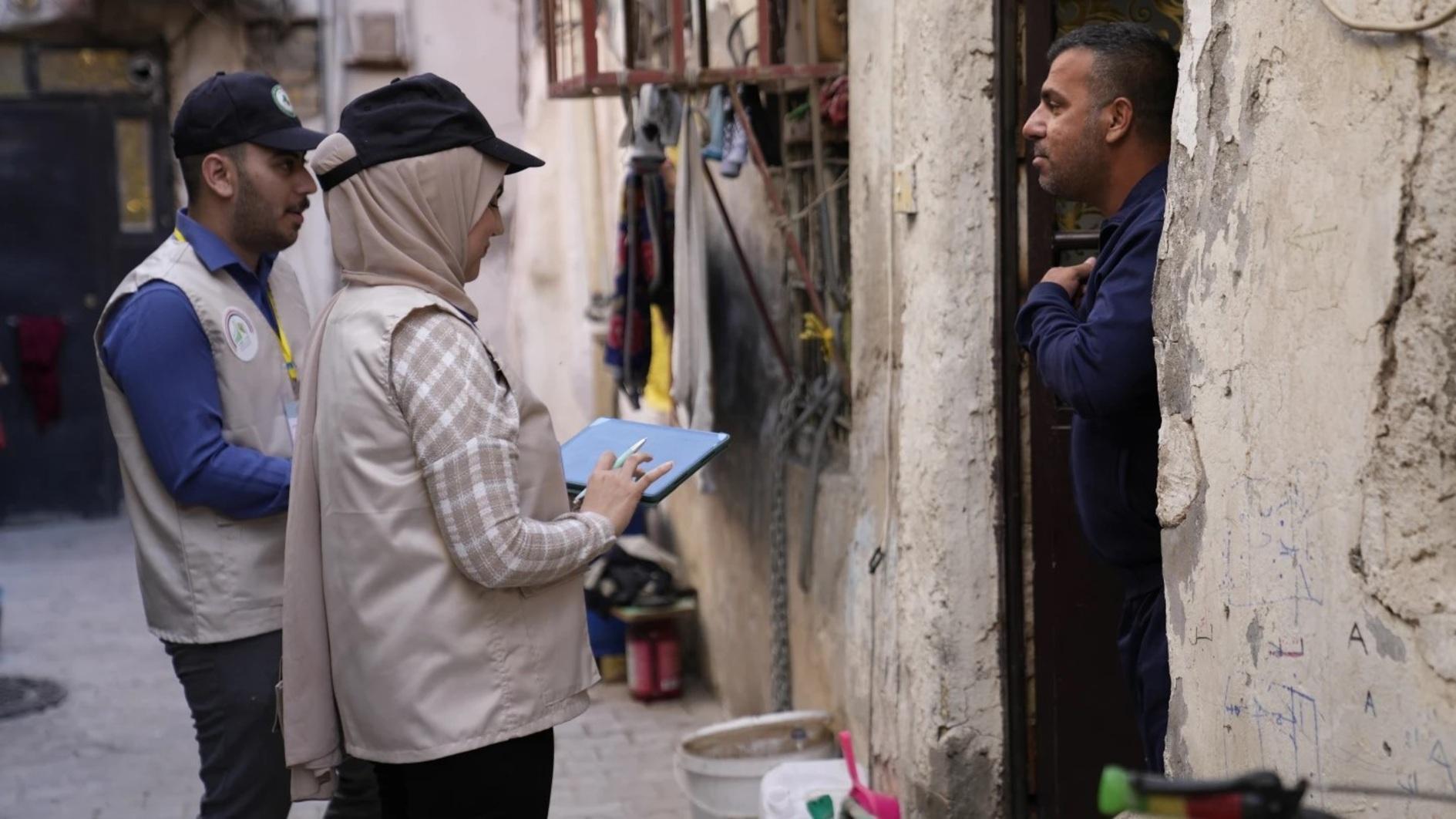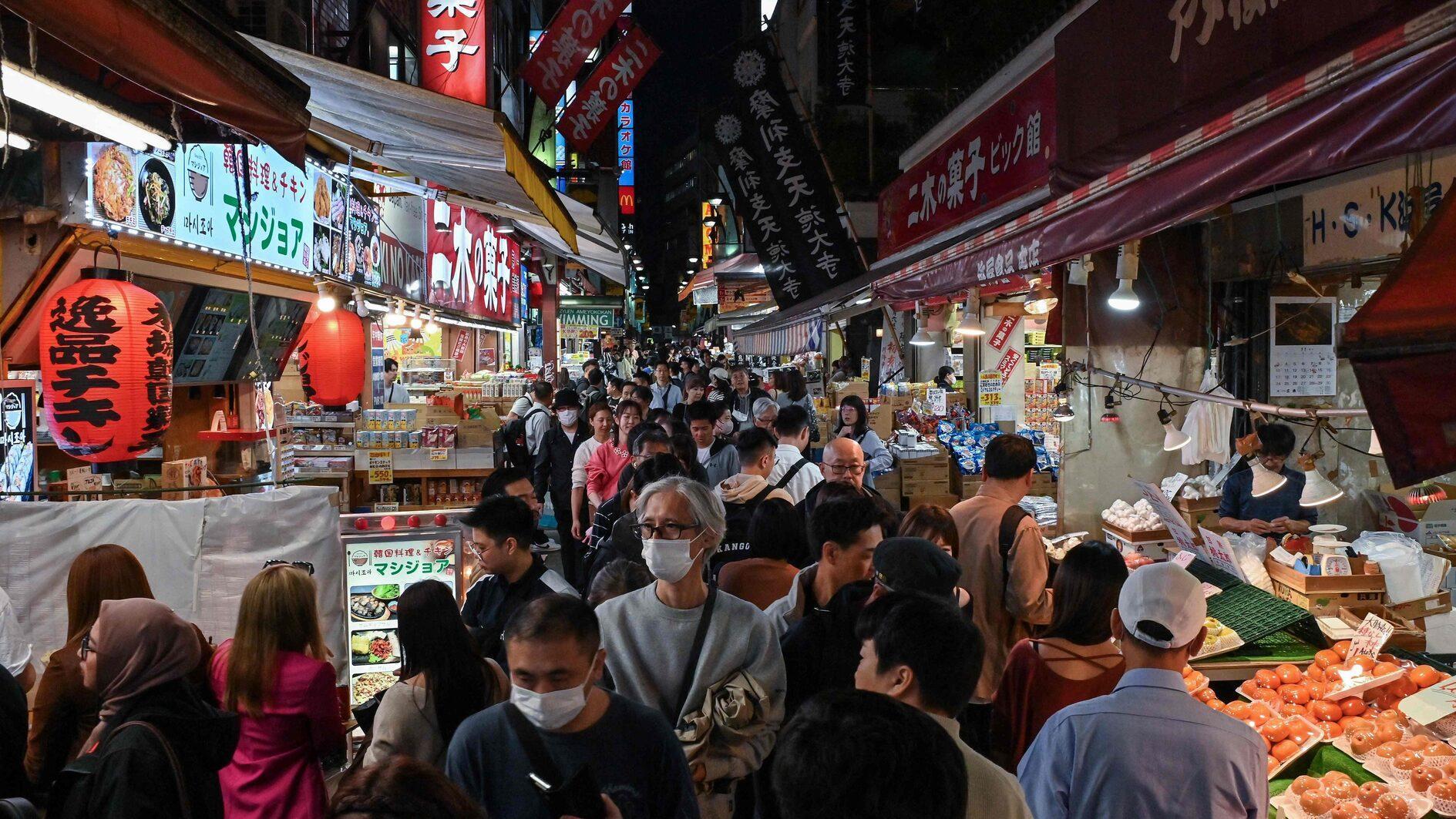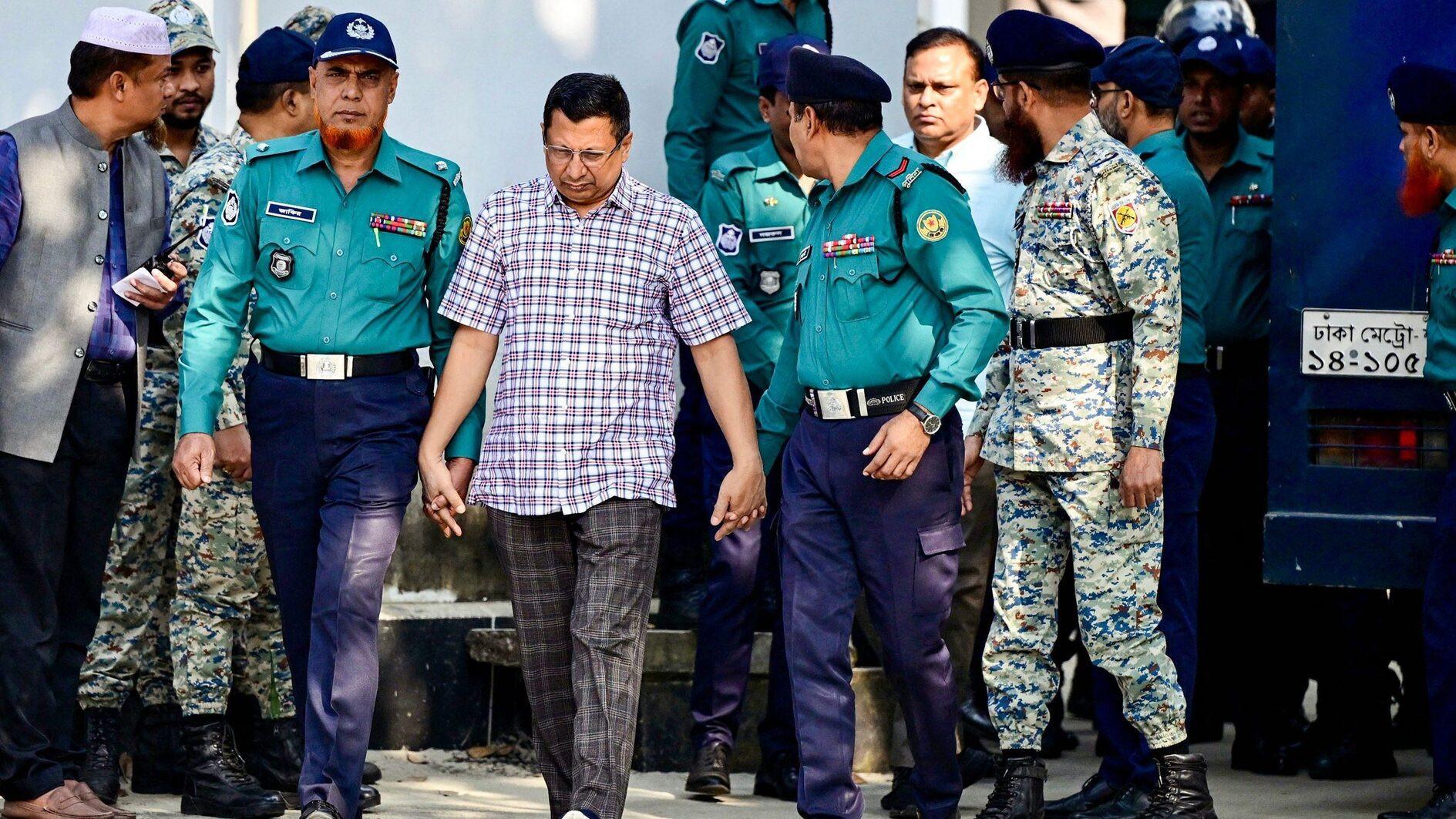South Korea cancer victims bring class action against nuclear operator
SEOUL - Reuters
A group of South Korean thyroid cancer patients living near nuclear plants have filed the country's first class action suit against the operator, after an October court ruling in favour of a plaintiff claiming a link between radiation and the cancer.Worries about the safety of nuclear power in the world's fifth-largest user of the energy source have intensified after a 2012 scandal over the supply of reactor parts with fake security certificates, as well as the 2011 Fukushima disaster in Japan.
A total of 1,336 plaintiffs, including 301 cancer patients living near four nuclear plants, and their families, filed the suit in a court in the southeastern city of Busan against Korea Hydro and Nuclear Power Co Ltd (KHNP), part of state-run Korea Electric Power Corp, a statement from a group of environmental organisations representing the plaintiffs said.
"We hope that the relationship between thyroid cancer and nuclear power plants will be proved at court so it will make the government take a full-scale inspection on nuclear energy," Seo Eun-kyung, a lawyer leading the suit, told Reuters.
The suit seeks 15 million won ($13,800) in compensation for each patient and between 1 million won and 3 million won for each family member, an environment group official said.
A KHNP spokesman said the firm believes there is no link between low-level radiation from nuclear power generation that is within government guidelines and thyroid cancer, and said the plaintiffs should have waited until a higher court had ruled on the earlier case after the verdict was appealed.
In October a district court ordered KHNP to pay 15 million won to Park Geum-sun in compensation for her thyroid cancer after she lived about 7.7 kilometres from a nuclear complex for more than 20 years.
Views on the link between nuclear radiation and cancer are mixed. The World Health Organisation on its website cites a U.N. report over the Chernobyl accident that no evidence indicates living in known high background radiation areas of the world poses a health risk. (http://www.who.int/ionizing_radiation/chernobyl/backgrounder/en/)
Ye Bu-hae, a 69-year old rice farmer living less than five kilometres from the Kori nuclear plaint, joined Tuesday's class action with 66 other thyroid cancer patients in his village, which is home to 3,000 people.
"After seeing too many thyroid cancer cases and Japan's tsunami, we have become more and more scared," Ye, whose wife had surgery for thyroid cancer, told Reuters by phone. "Our action is for our next generation."
South Korea runs 23 nuclear reactors supplying a third of its power, and plans 11 more by 2024.
















